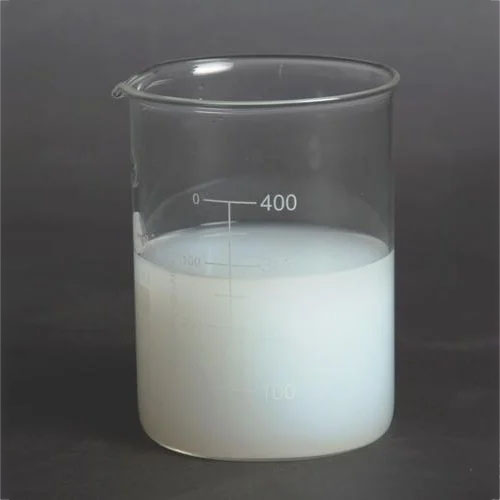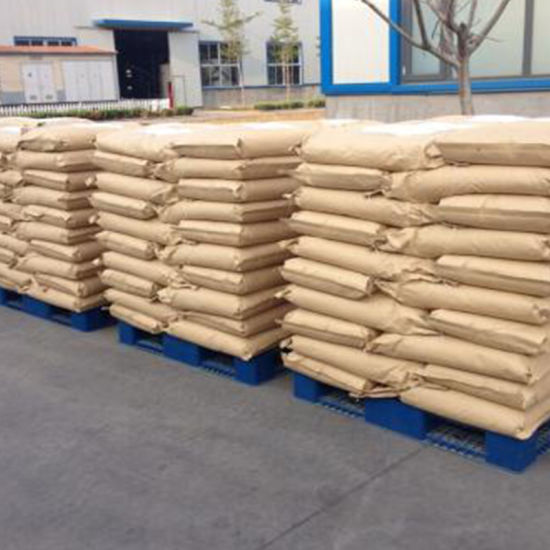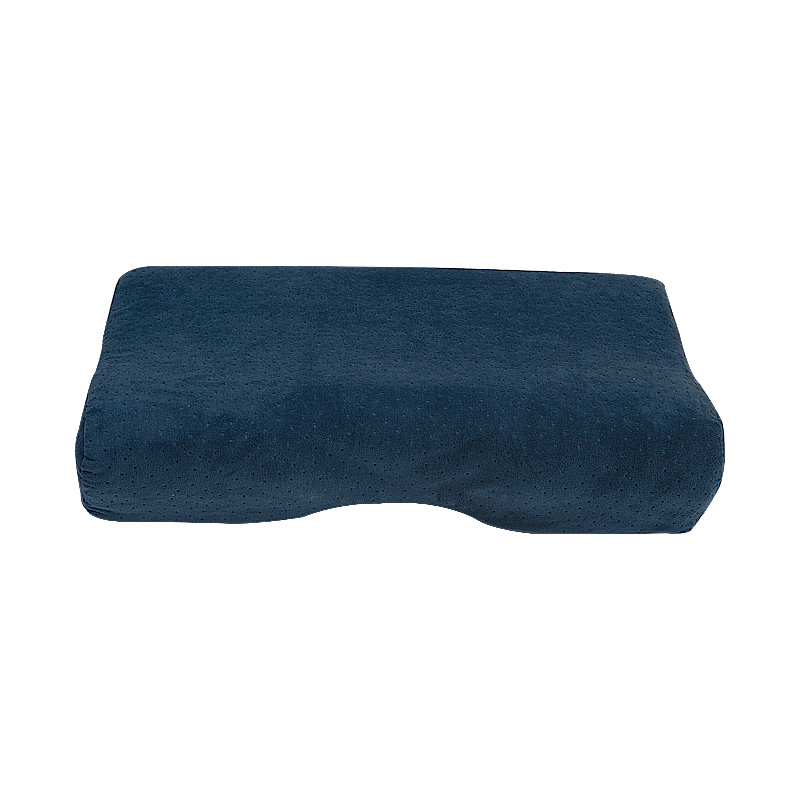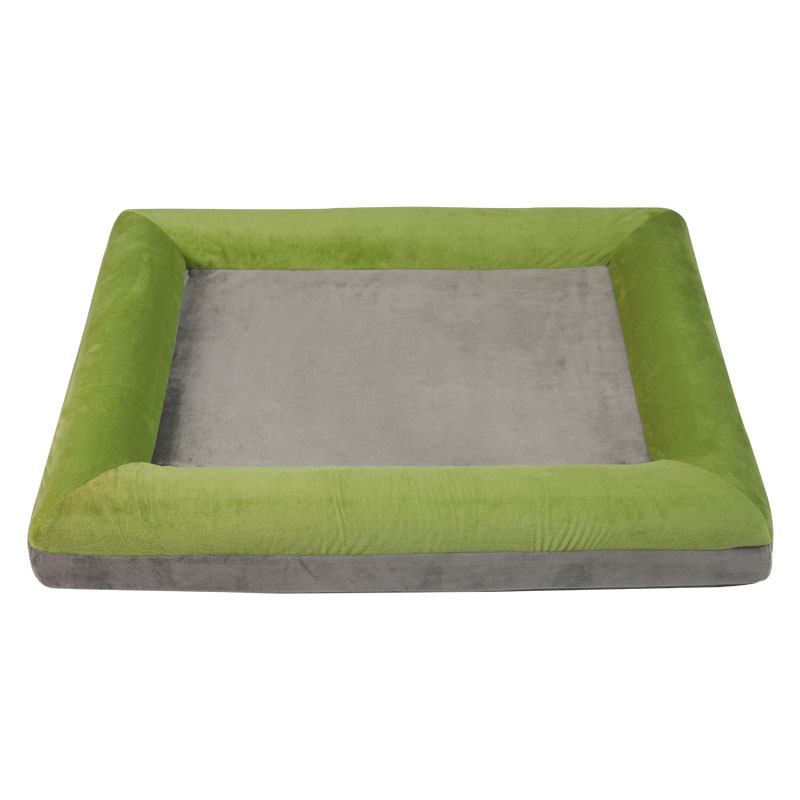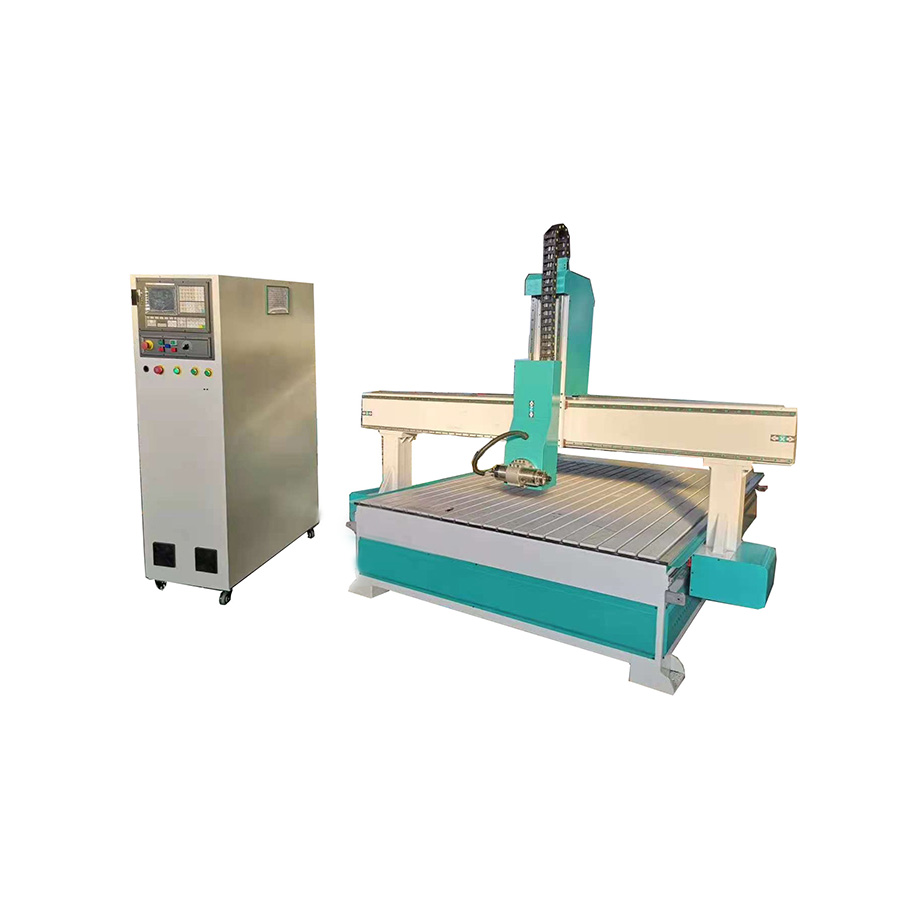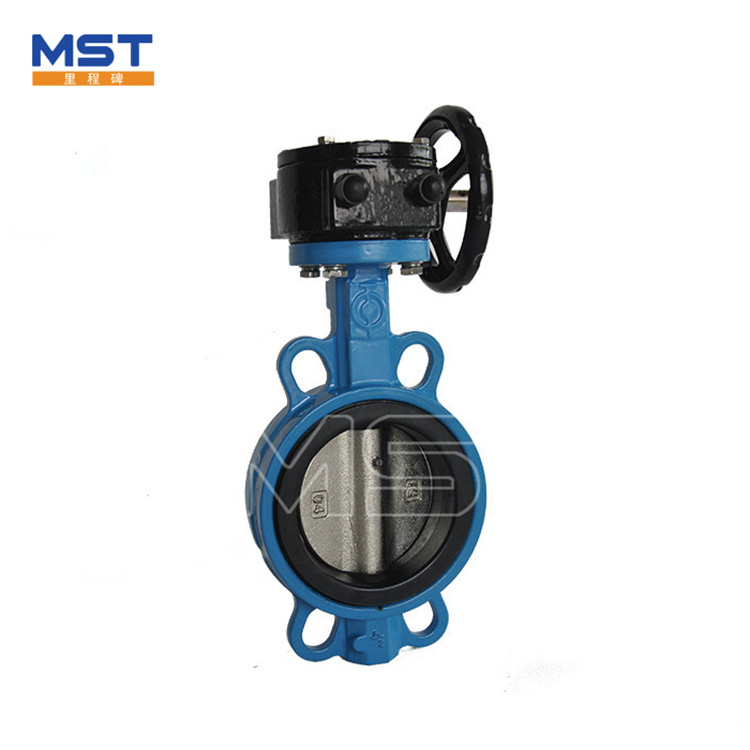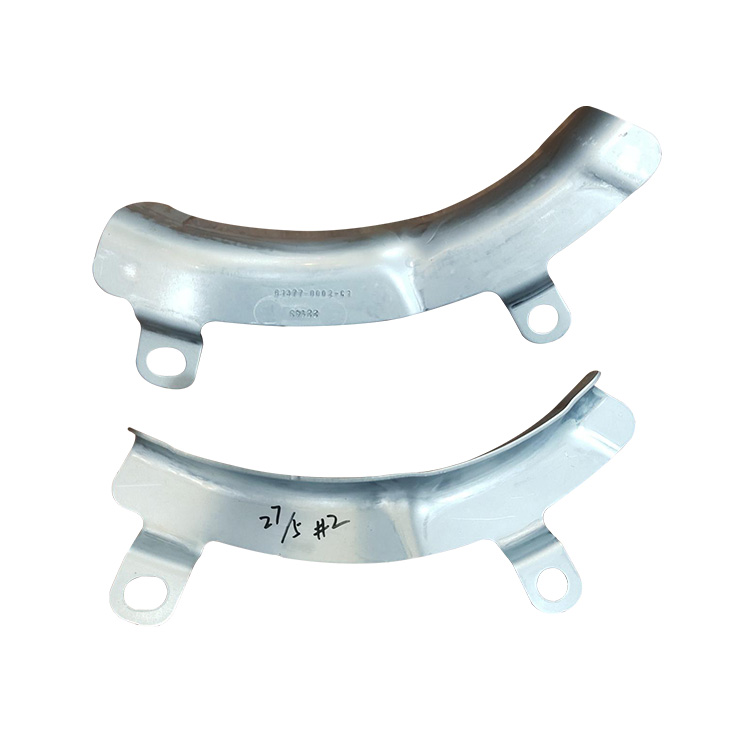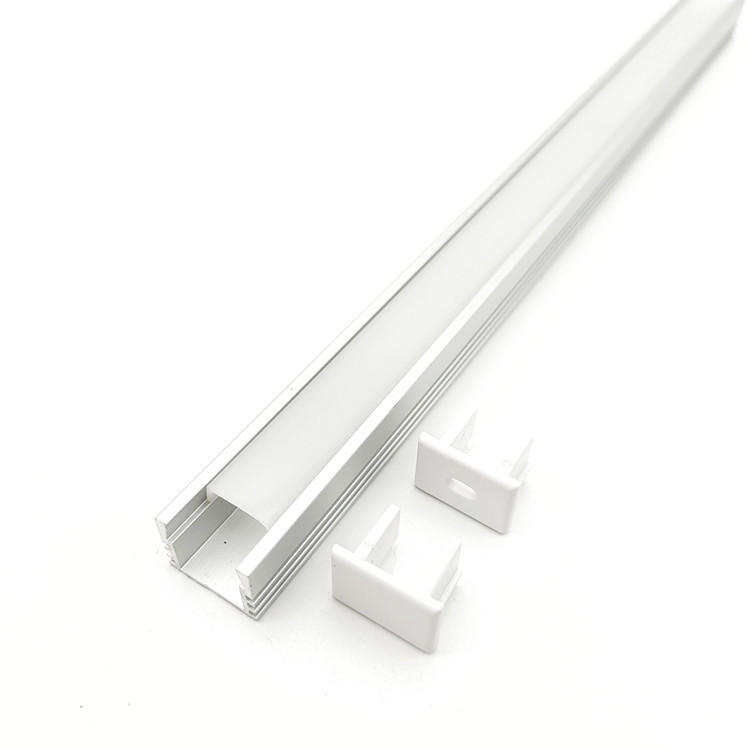Anionic Polyacrylamide
Anionic polyacrylamide (APAM) is a synthetic polymer that belongs to the polyacrylamide class. It is characterized by having negatively charged groups on its polymer chain, which gives it anionic (negatively charged) properties. Polyacrylamides are widely used in various industrial and environmental......
Send Inquiry
Product Description
Anionic polyacrylamide (APAM) is a synthetic polymer that belongs to the polyacrylamide class. It is characterized by having negatively charged groups on its polymer chain, which gives it anionic (negatively charged) properties. Polyacrylamides are widely used in various industrial and environmental applications due to their ability to modify the behavior of water, including its viscosity, flocculation, and stabilization properties.
Some key uses and applications of anionic polyacrylamide include:
1. Water Treatment: Anionic polyacrylamide is commonly used in water treatment processes, particularly in the clarification and sedimentation of suspended solids. It aids in the flocculation and settling of particles, helping to remove impurities from water sources.
2. Wastewater Treatment: In wastewater treatment plants, APAM can assist in the removal of contaminants from industrial effluents and municipal sewage. It helps aggregate and settle suspended solids and organic matter, making the treatment process more efficient.
3. Oil and Gas Industry: Anionic polyacrylamide is used in the oil and gas industry to improve the efficiency of oil recovery operations. It can be added to drilling fluids to increase viscosity and control fluid loss, enhance oil displacement during enhanced oil recovery processes, and aid in water shutoff treatments.
4. Agriculture: APAM can be used in agriculture to improve soil structure and water retention. It can also be utilized to reduce soil erosion and increase water infiltration.
5. Paper and Pulp Industry: In paper manufacturing, anionic polyacrylamide can be added to improve the retention of fibers, fillers, and other additives during the papermaking process, leading to enhanced paper quality.
6. Textile Industry: APAM is used in the textile industry as a flocculant for wastewater treatment generated during dyeing and finishing processes.
7. Mining Industry: Anionic polyacrylamide is employed in mining operations to facilitate the separation of solids from liquids and to dewater tailings.
8. Erosion Control: It can be applied to soil to prevent erosion by enhancing soil structure and stabilizing particles.
9. Personal Care Products: In cosmetics and personal care products, anionic polyacrylamide can be used as a stabilizer and thickening agent in formulations such as shampoos, lotions, and gels.
It's important to note that while anionic polyacrylamide has numerous applications, its use also raises concerns about potential environmental impacts. The appropriate handling, dosing, and disposal of polyacrylamides are crucial to minimize any negative effects on ecosystems and human health. Regulatory guidelines and best practices should be followed when using these polymers in various applications.
